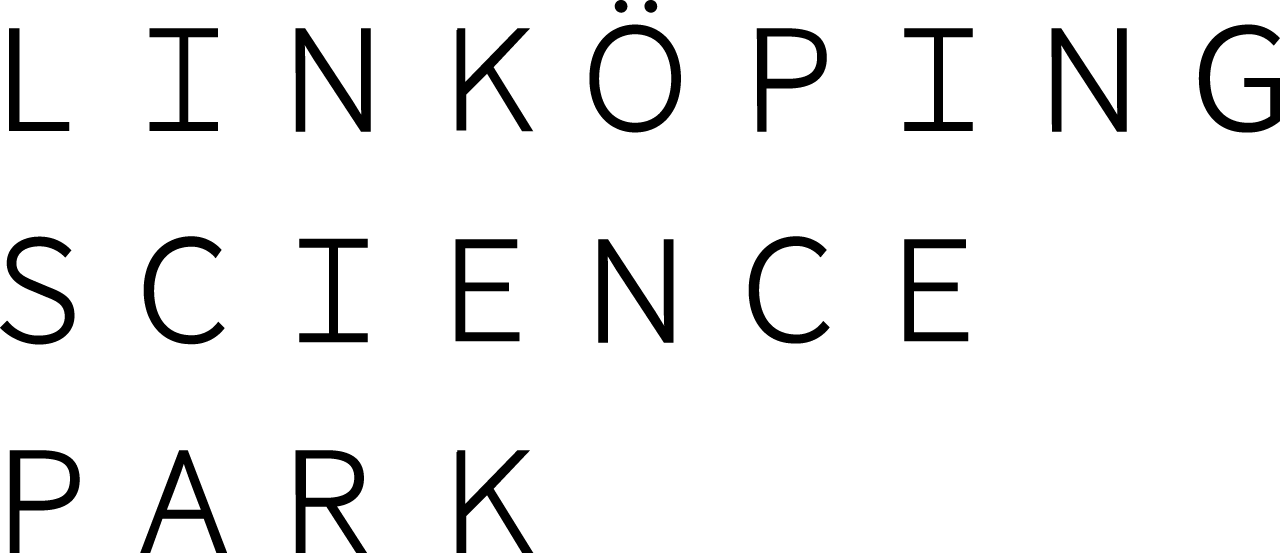We met Magnus Lundin, a Swedish innovation ecosystem leader operative since the turn of the millennium, and got talking about creative startup-corporate collaboration and international competitiveness.
A global take on tech, startup collaboration and innovation ecosystems
You are now working for the Siemens backed venture fund Next47, tell us more!

-Yes! As a matter of fact, I just celebrated my three-year anniversary with Next47. Next47 was founded in 2016 as a global venture firm committed to helping the most promising B2B startup founders build and grow their businesses. The thing that I think really differentiates us from other VCs is that we truly partner with the startups we invest in and take an active role in their business development and go-to-market efforts. In my role leading our efforts in the Nordics, I work closely with large Nordic customers to introduce them to our startup portfolio and support their digital transformation through technology that they may otherwise not be exposed to.
Today we see an increased focused on startup – corporate collaboration, what’s your take on that?
-I think it’s very relevant, and increasingly so. In general startups, typically meaning new companies that have identified a market need which they address with a tech-intensive solution, are faster to test and develop new products. But incumbents, often having distribution channels, customer base, know-how, financial means, brand etc., are typically better in scaling ideas, especially when it comes to B2B. There are great synergies there which is why I think we’re seeing an increasing number of multinationals looking to enhance the innovation ecosystem, most notably right here, on the Indx-platform.
It sounds like a good match, but is it that easy in practice?
-Sometimes I’ve seen really smooth processes, but also opportunities being missed. The are some differences in culture and way of working, but nothing that can’t be solved. Both parties must be clear on expectations, needs and formulate a shared plan with well-defined goals. What do we need to achieve when, and what do we do as next steps after that? For startups it’s important to have a clear value proposition, to understand the organizations they address, who are the ideal customers, what personas will you meet etc.. For the corporates it comes down to being a good customer of the startup, share your pains, pay for value received and use the opportunity to catch market insights and develop the internal entrepreneurial culture!
What can Sweden do to be on the winning side of this development?
-We have all the opportunities! It’s true that Sweden has a small domestic market, but that has always brought many of our companies out to foreign markets making them international. However, the international competition is tough, so we must continue to invest in research and education and to support export and inward investments. We especially need to work even harder to attract students, startups and skilled talents here. But I strongly believe that given our strong university system and booming startup scene, Sweden has everything it needs to be a winner!
A finally question, coming back to Next47, what are you working on right now?
-We have engaged with more than 20 globally selected startups in Industrial tech and Enterprise software in the last three years. One example I’m working with now is a German company called Wandelbots, who have developed an innovative way to program industrial and collaborative robots, in practice by showing the movement. A revolution in ease and economy of using robots.
IndX is an initiative by:










